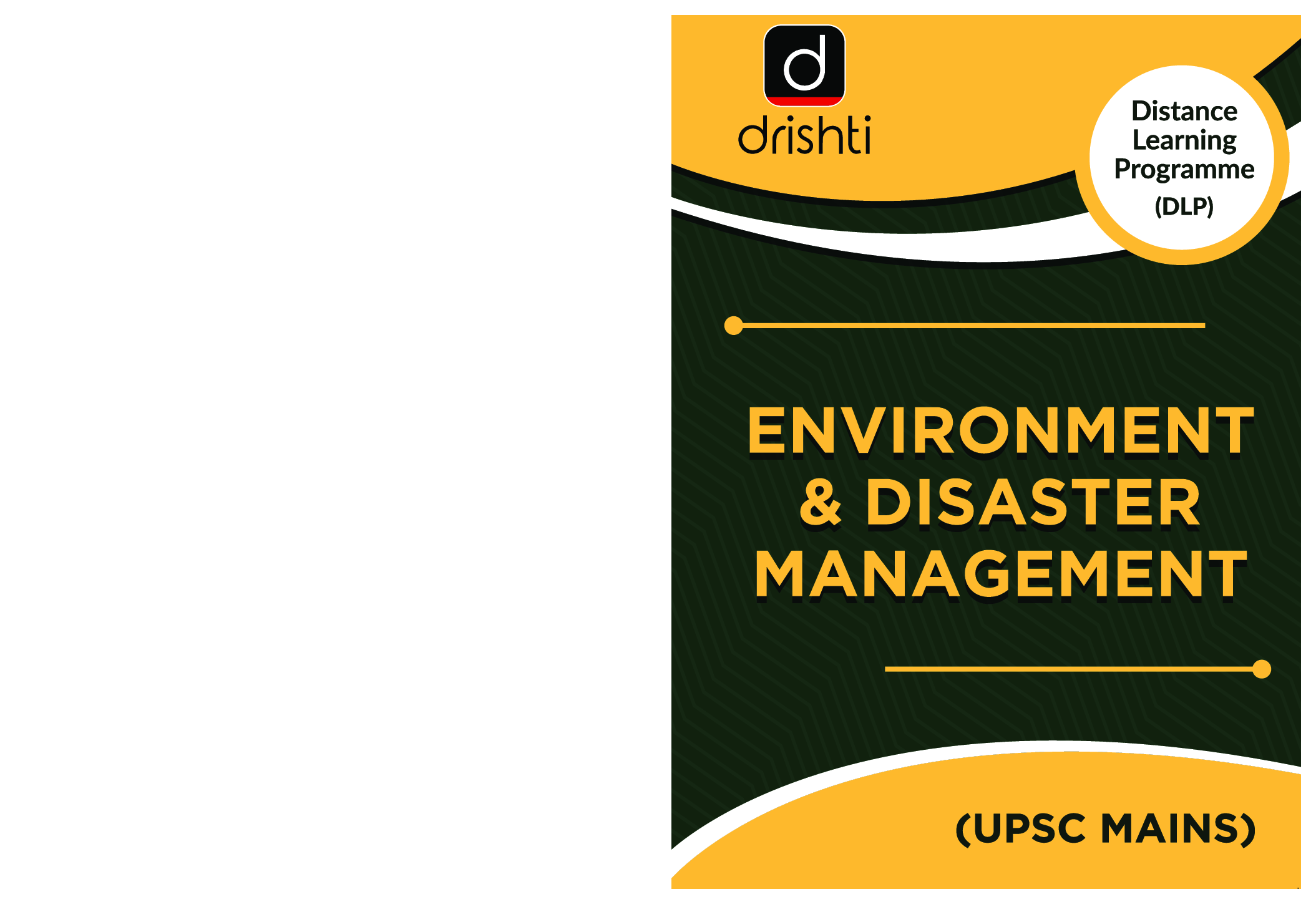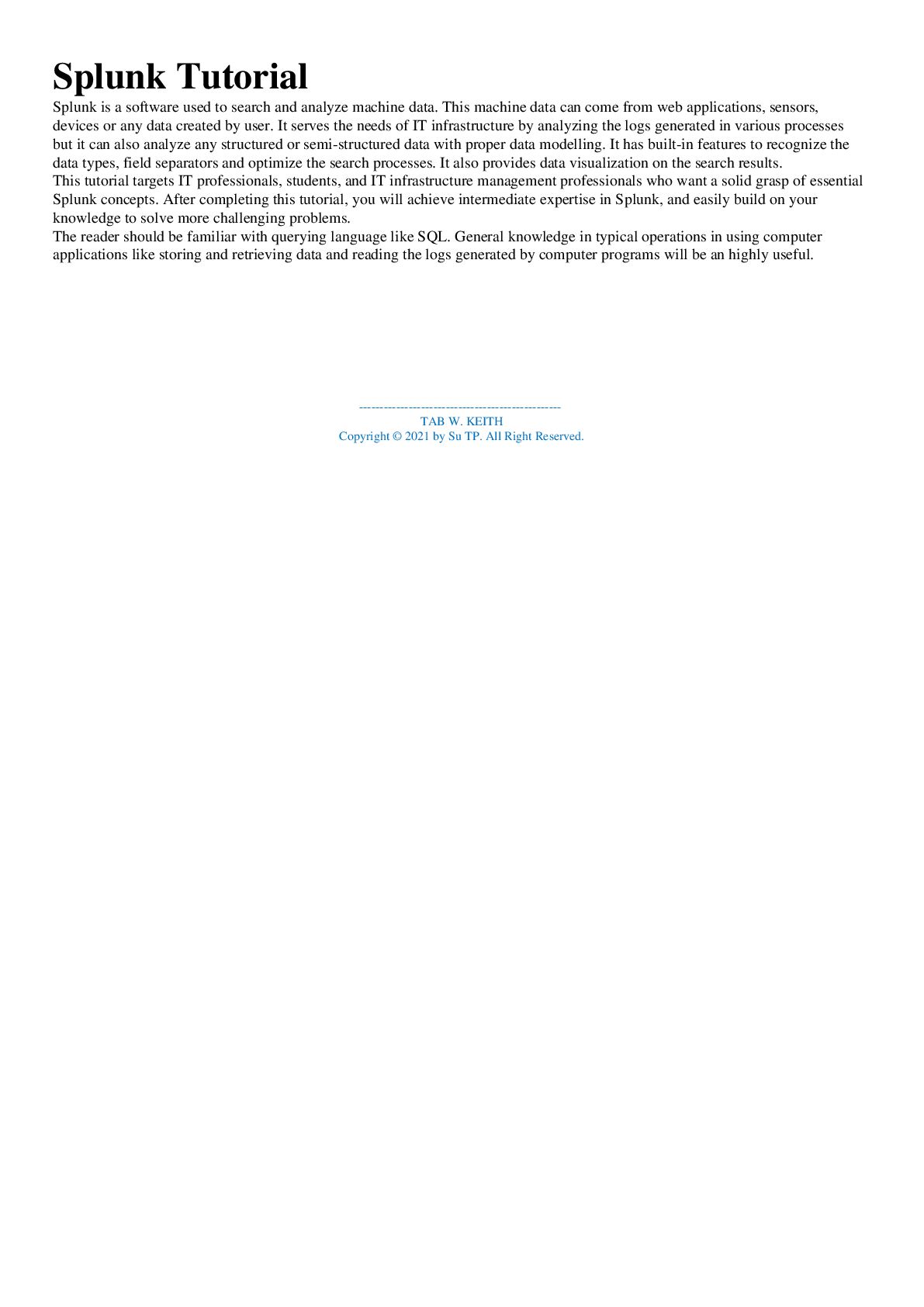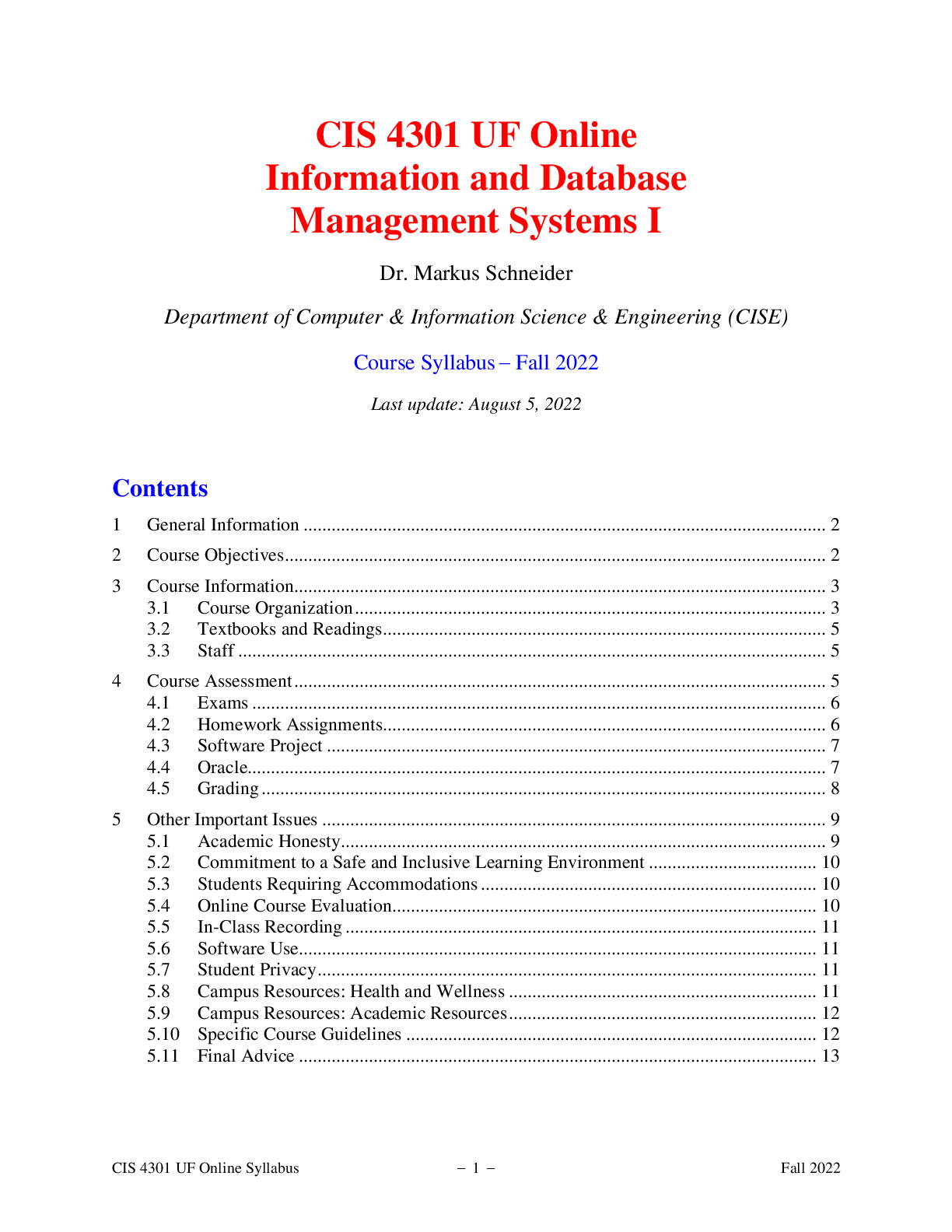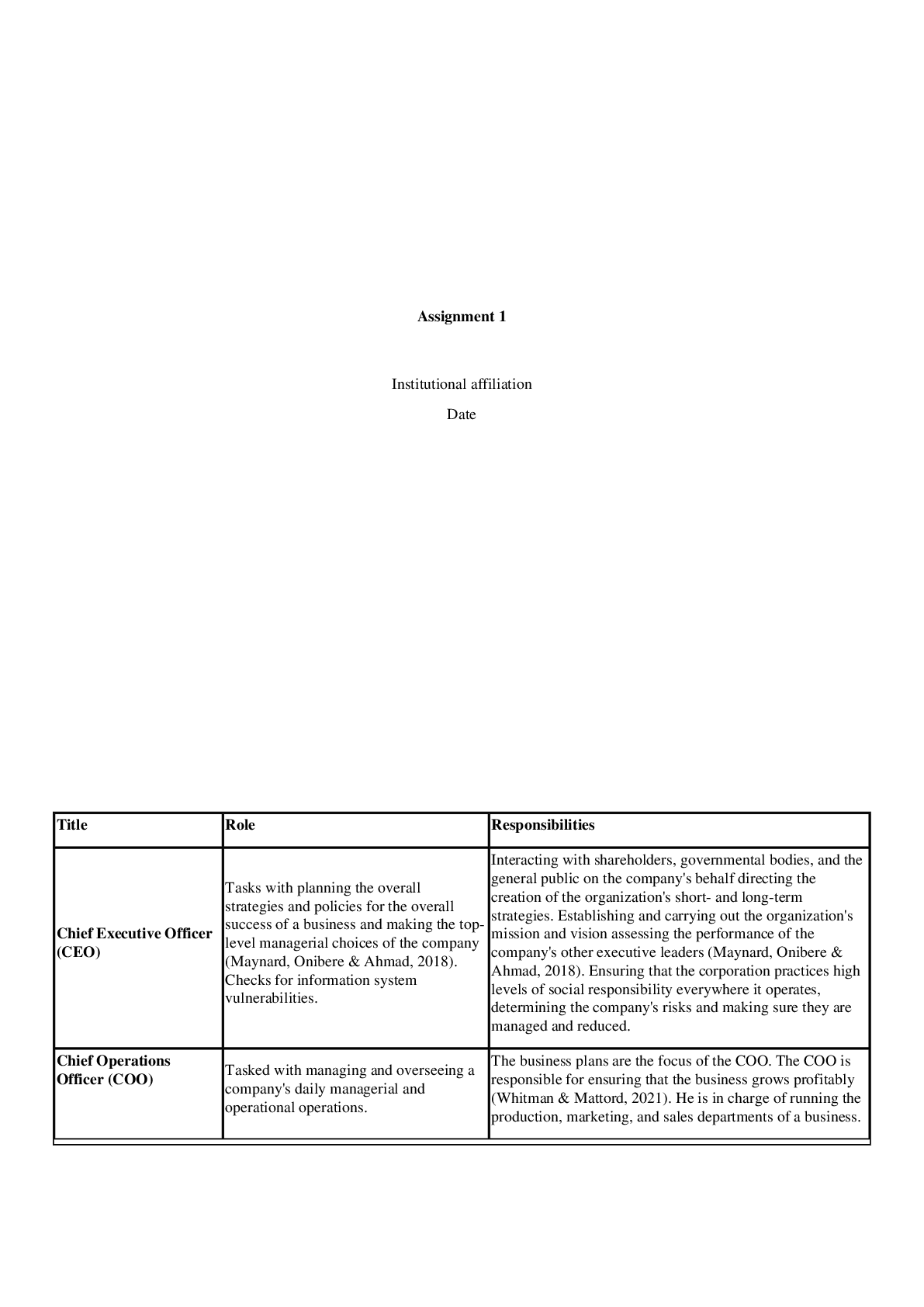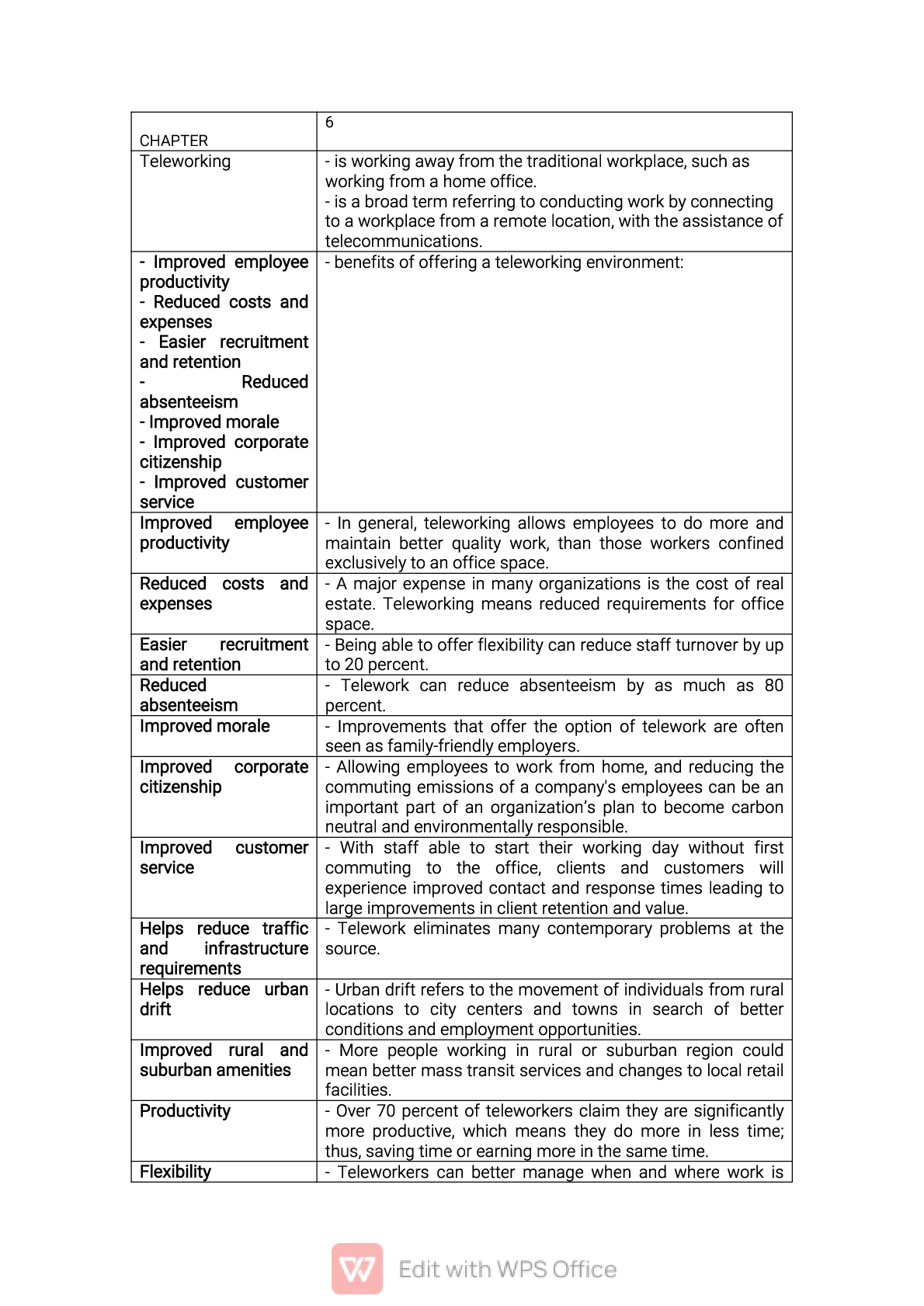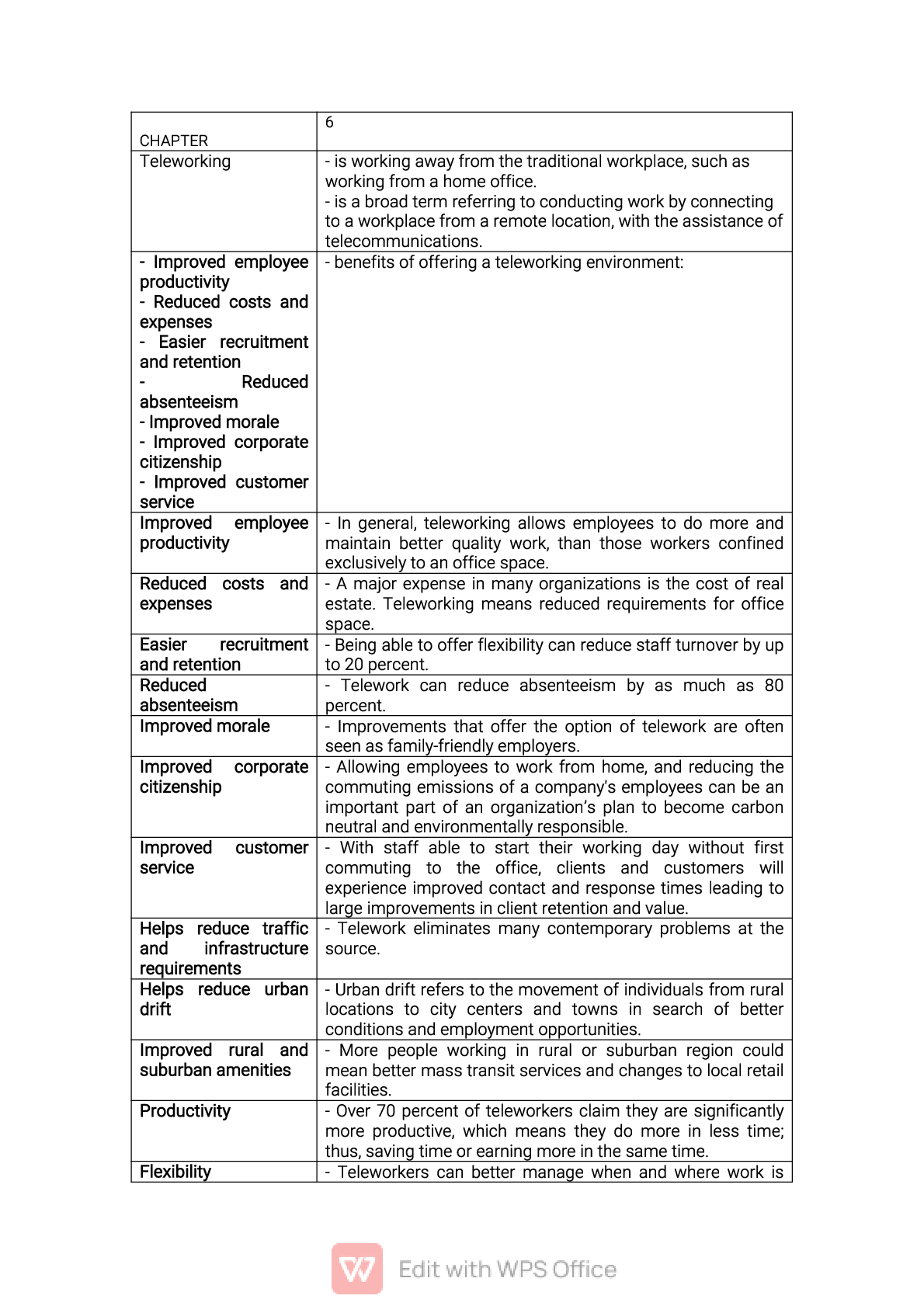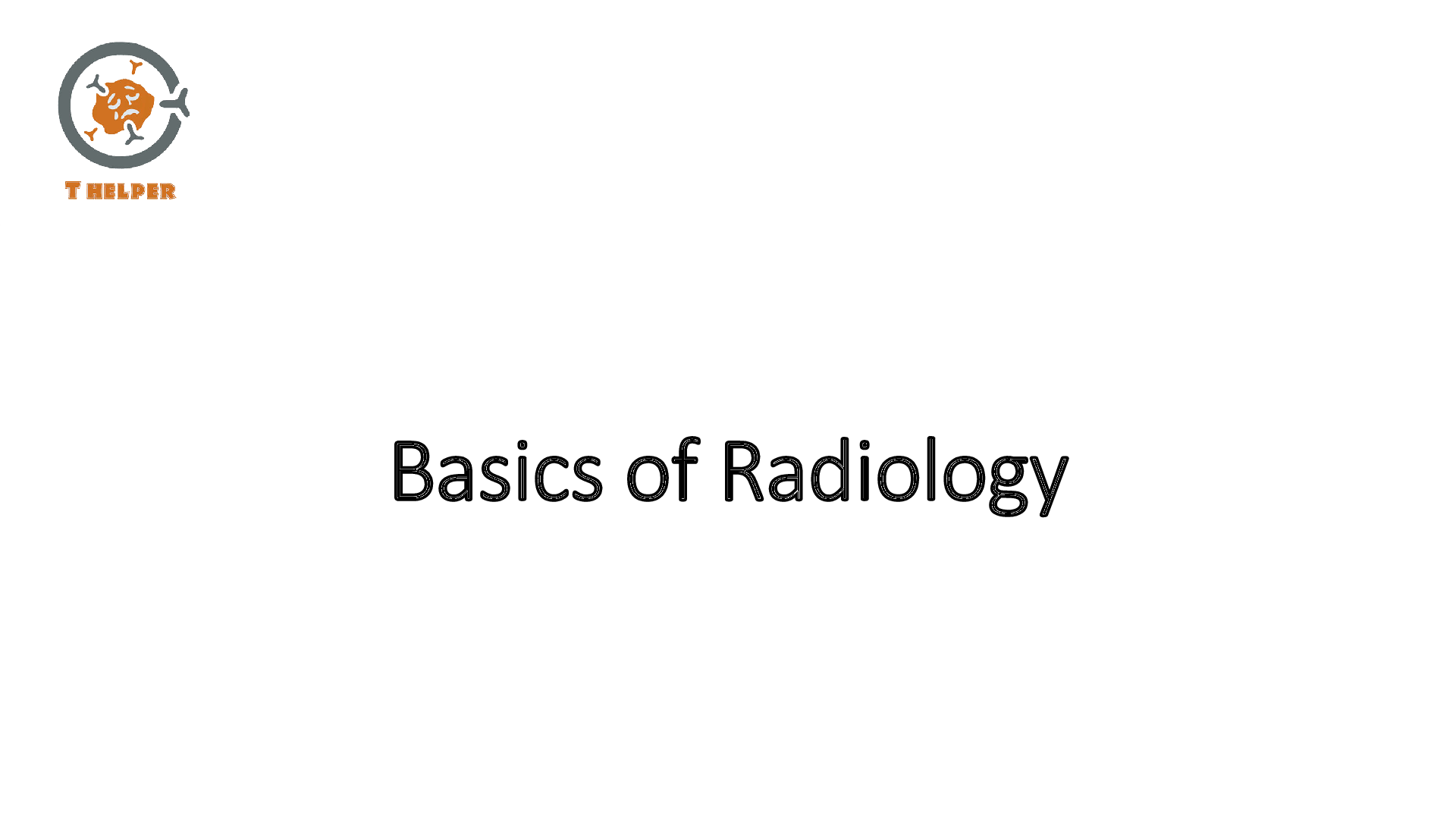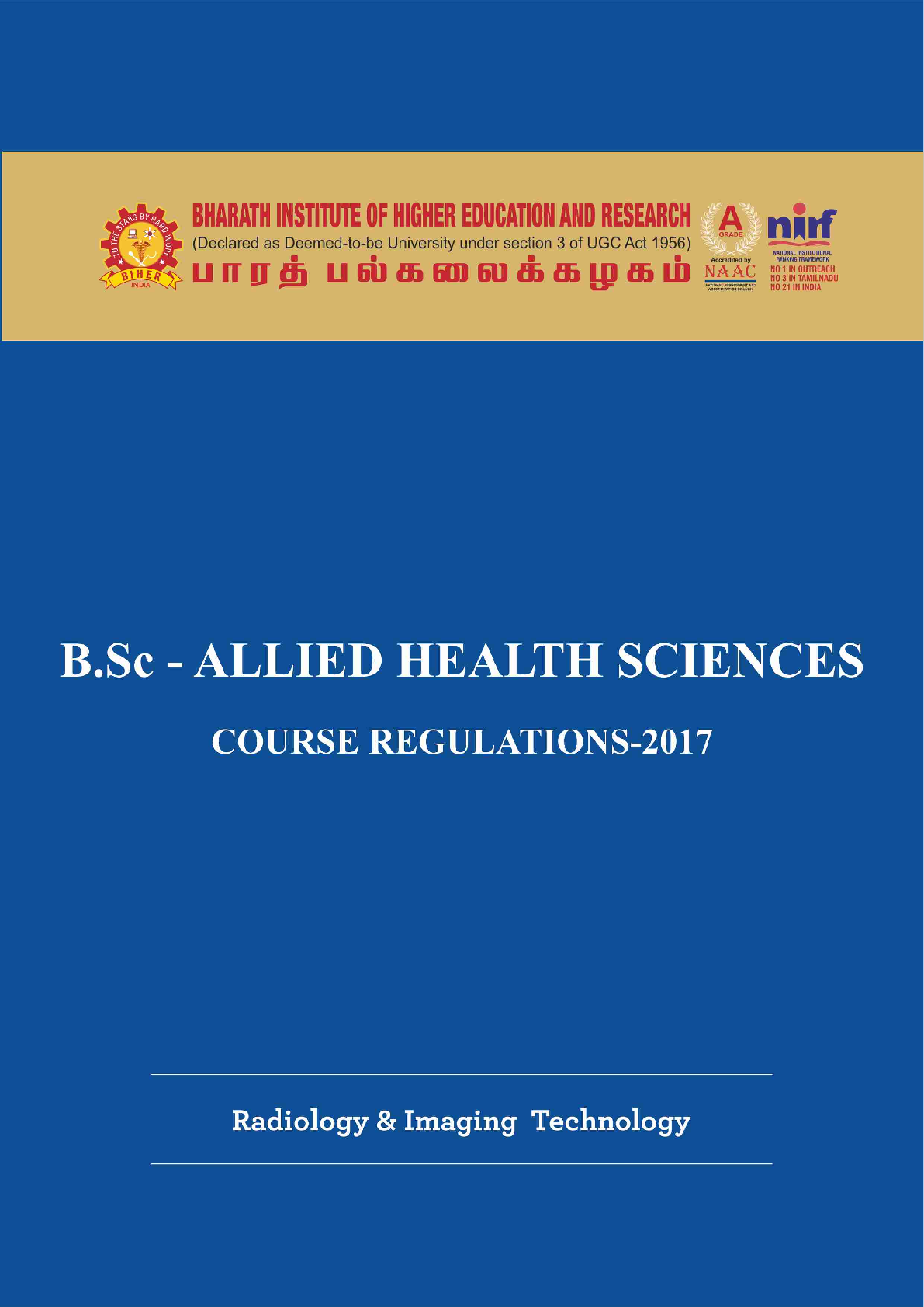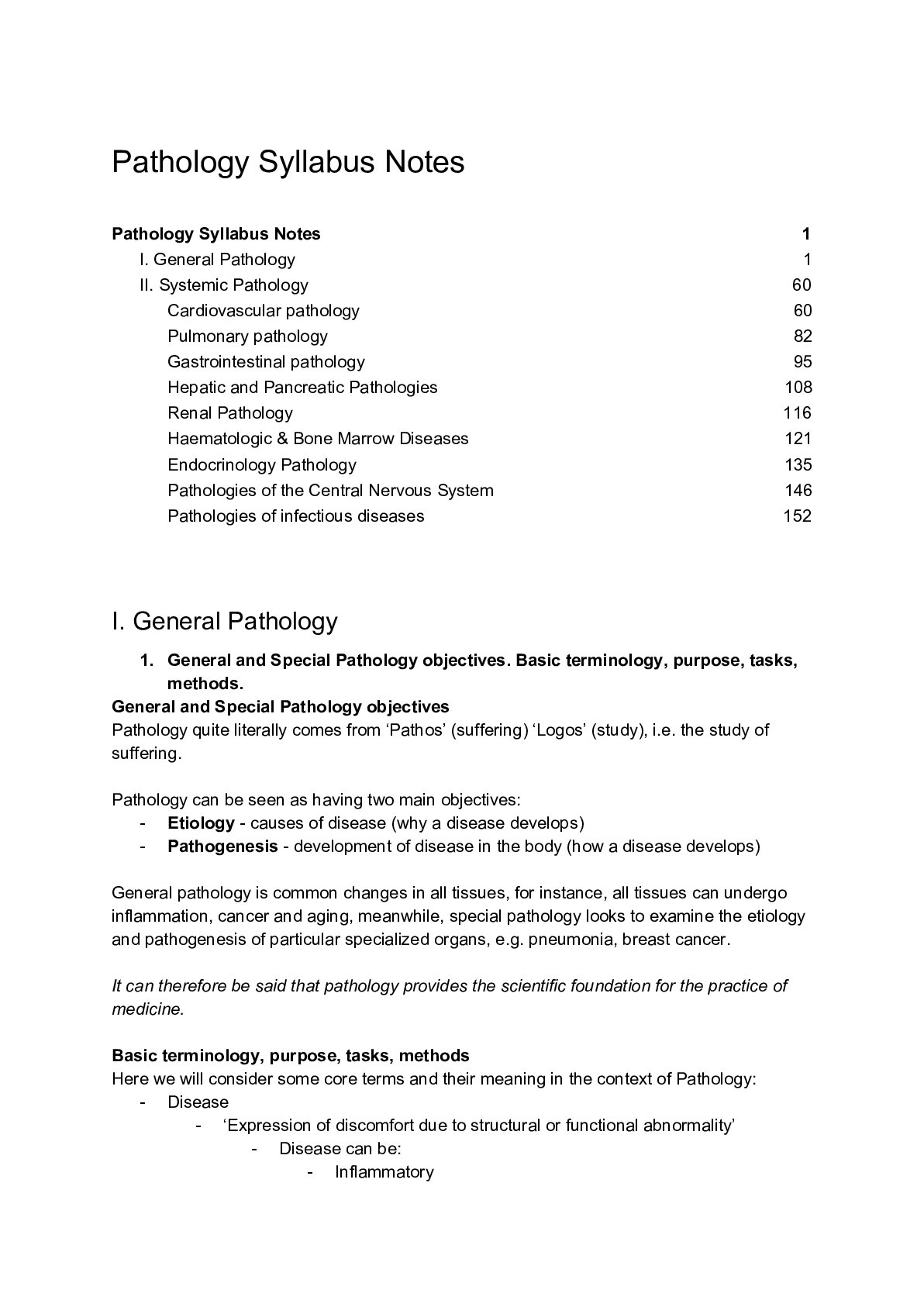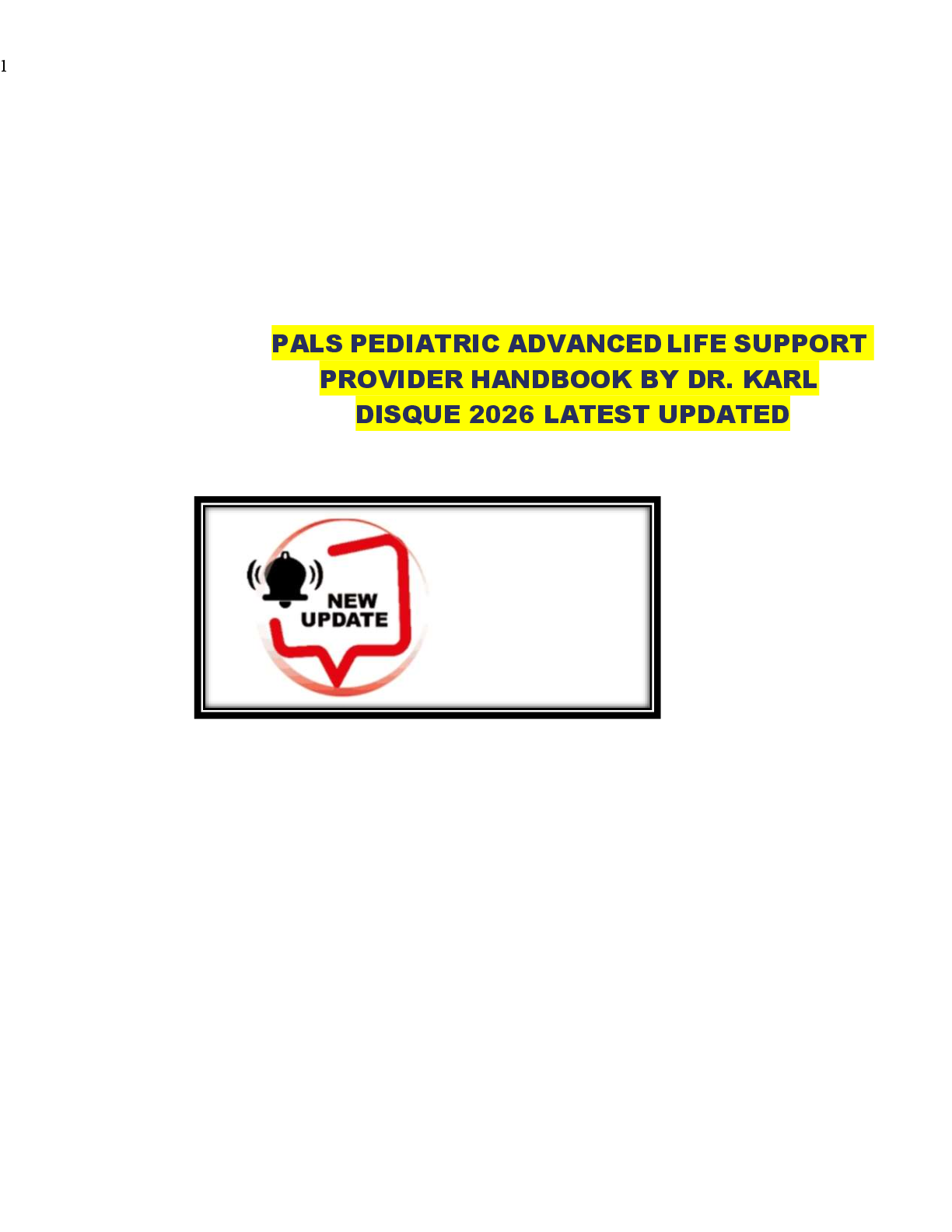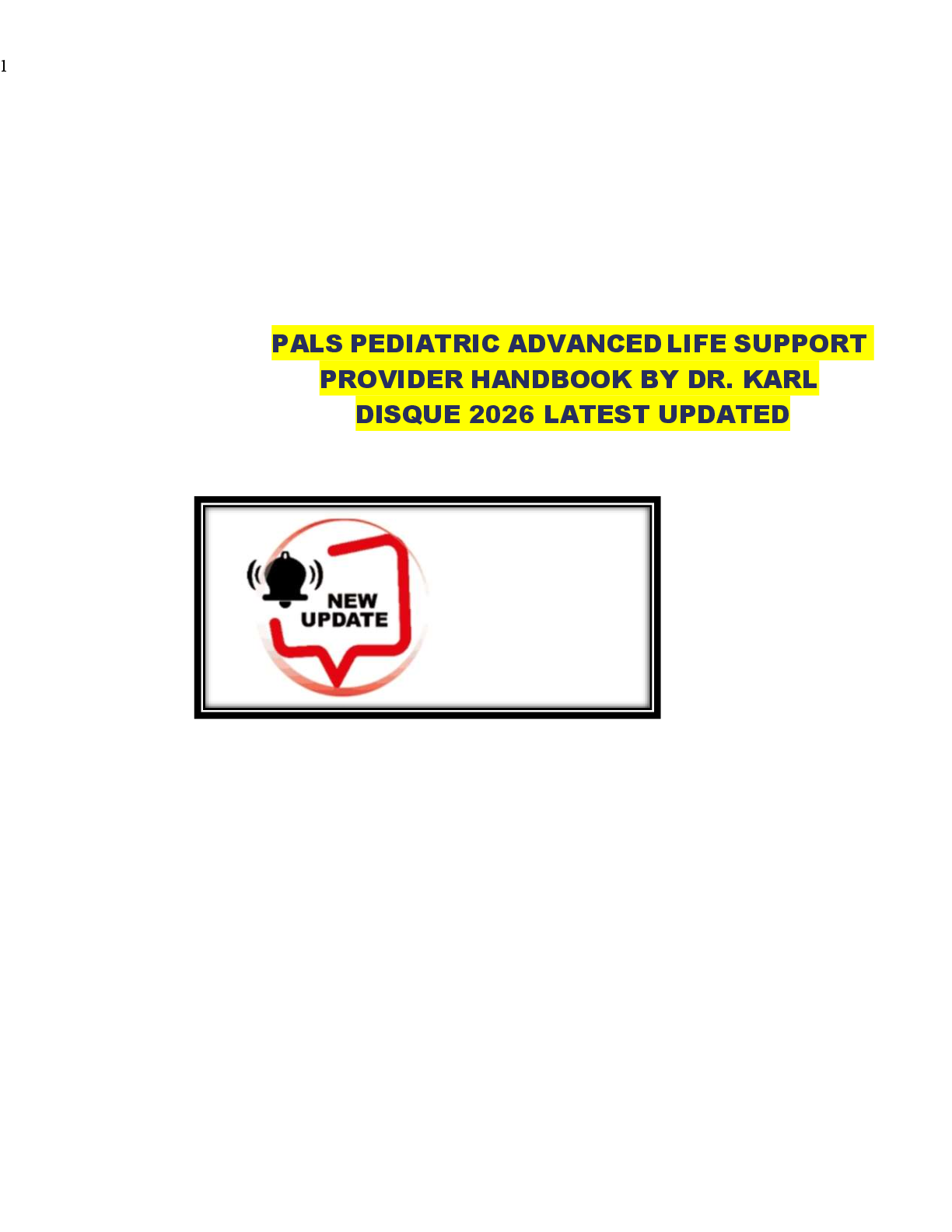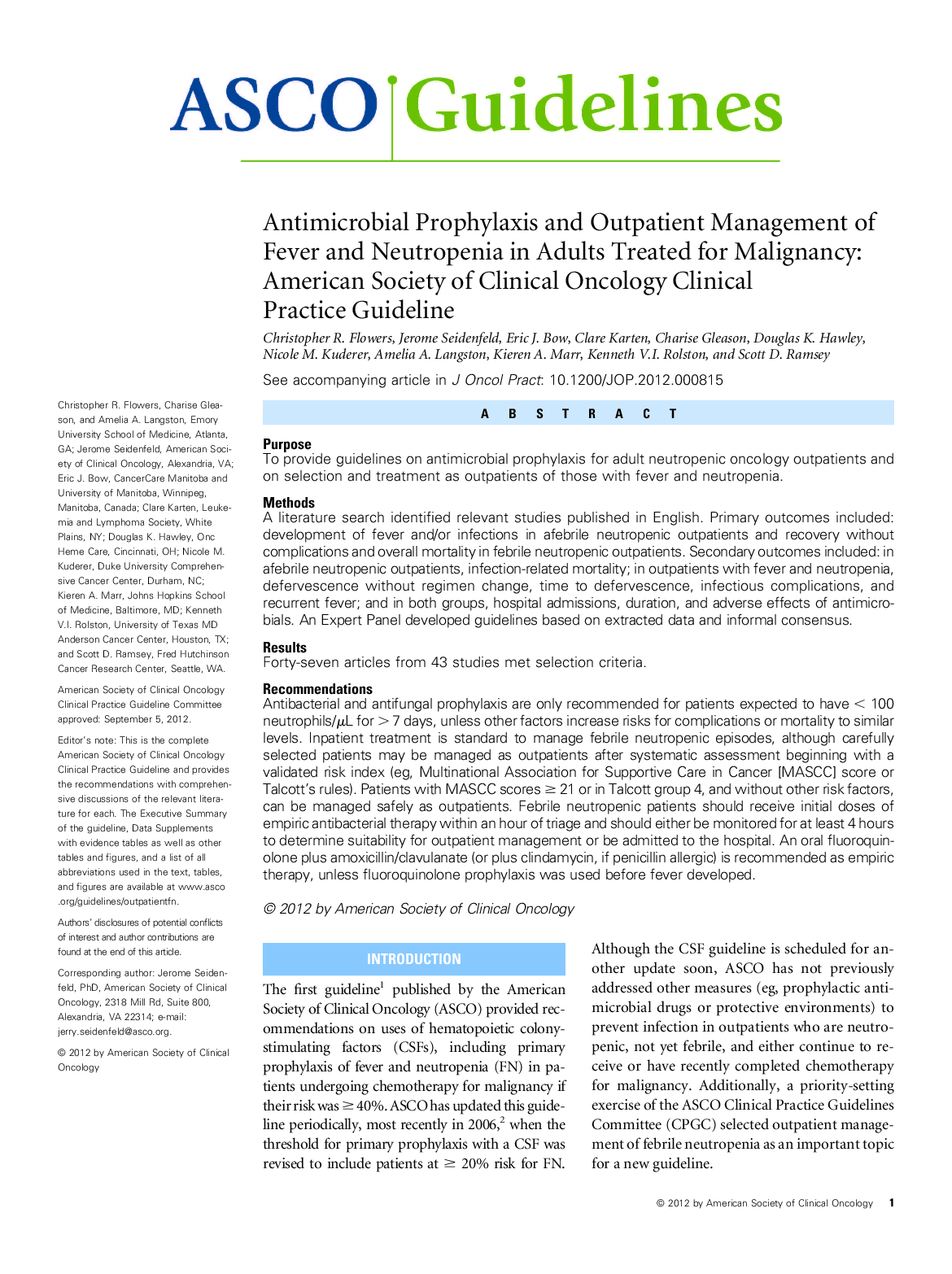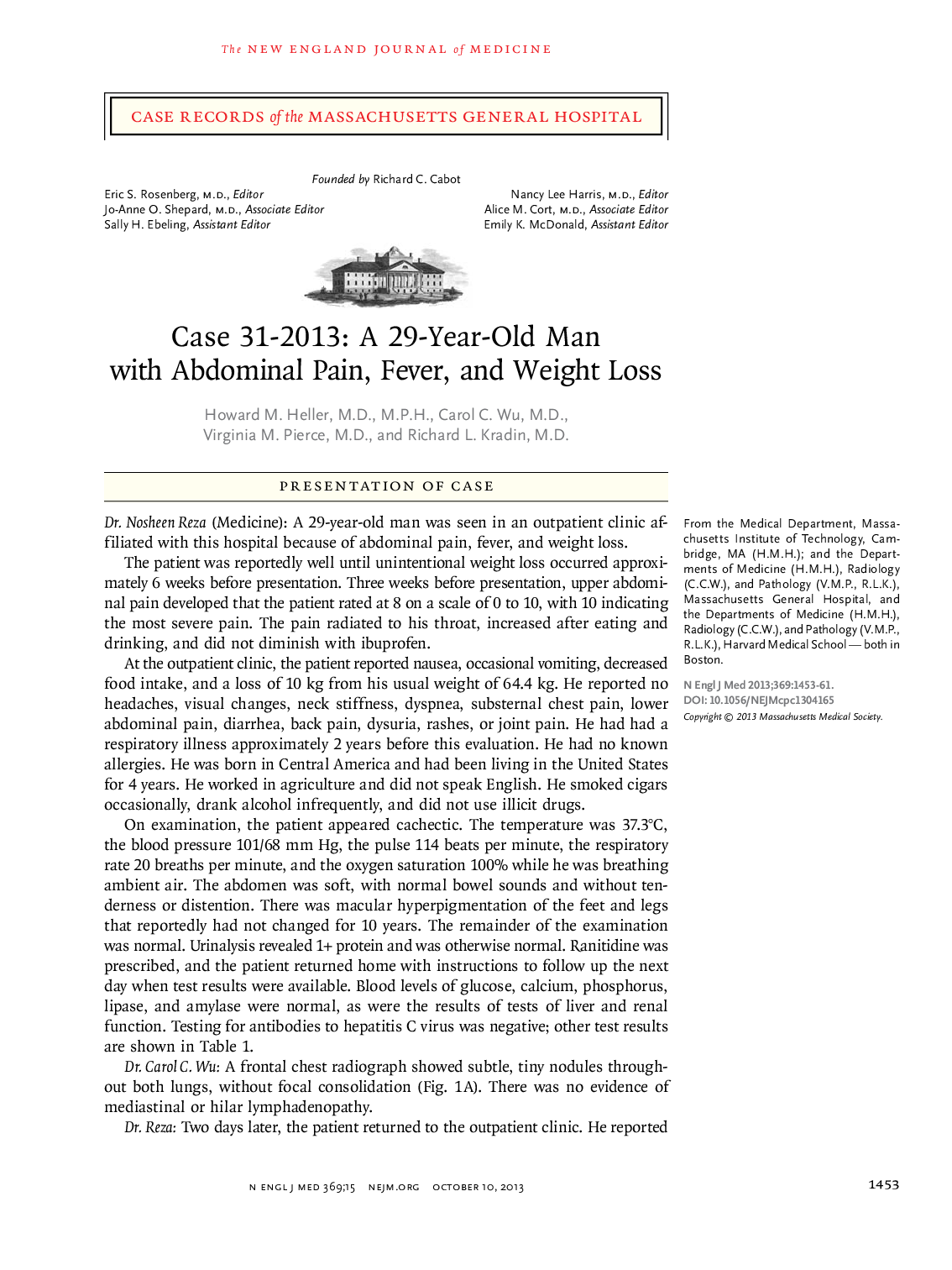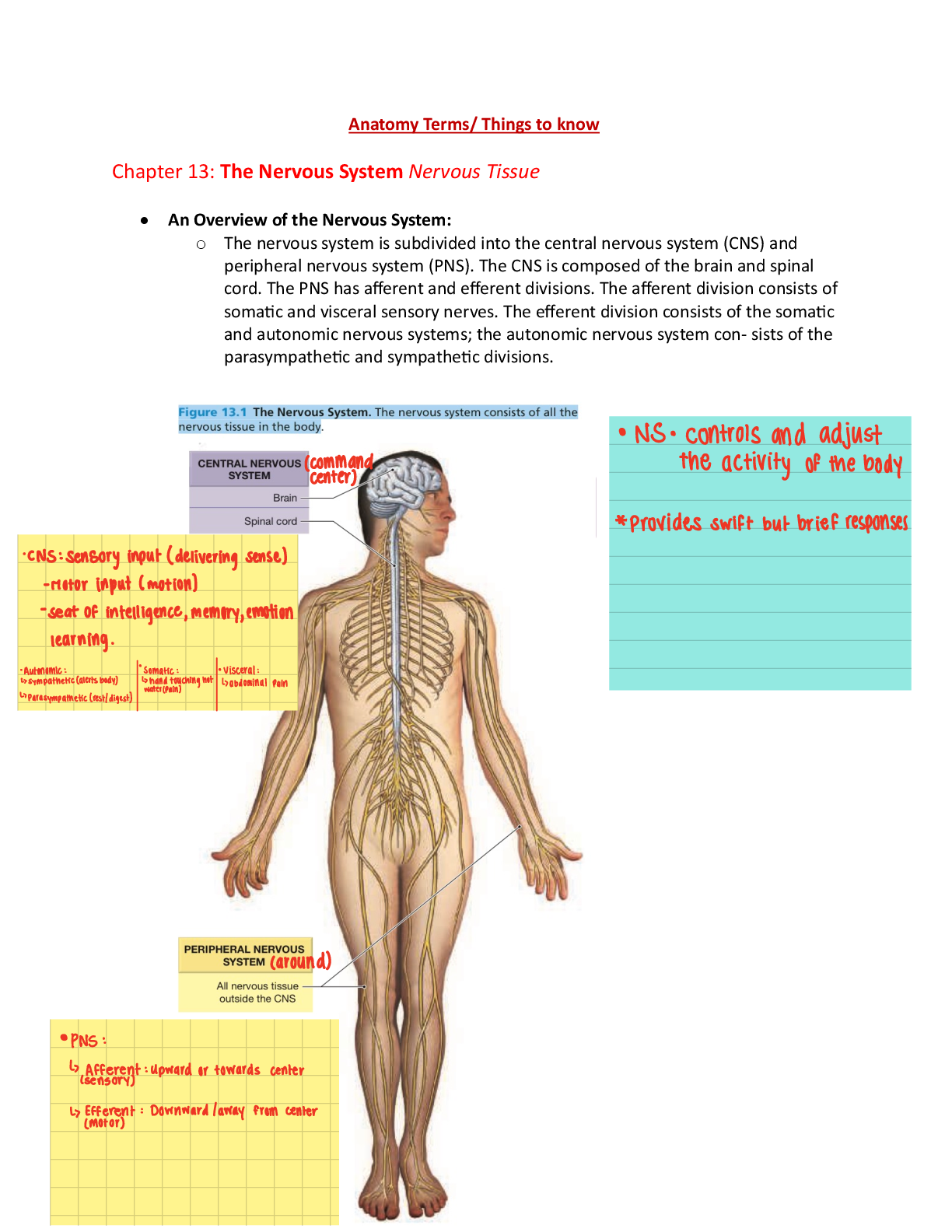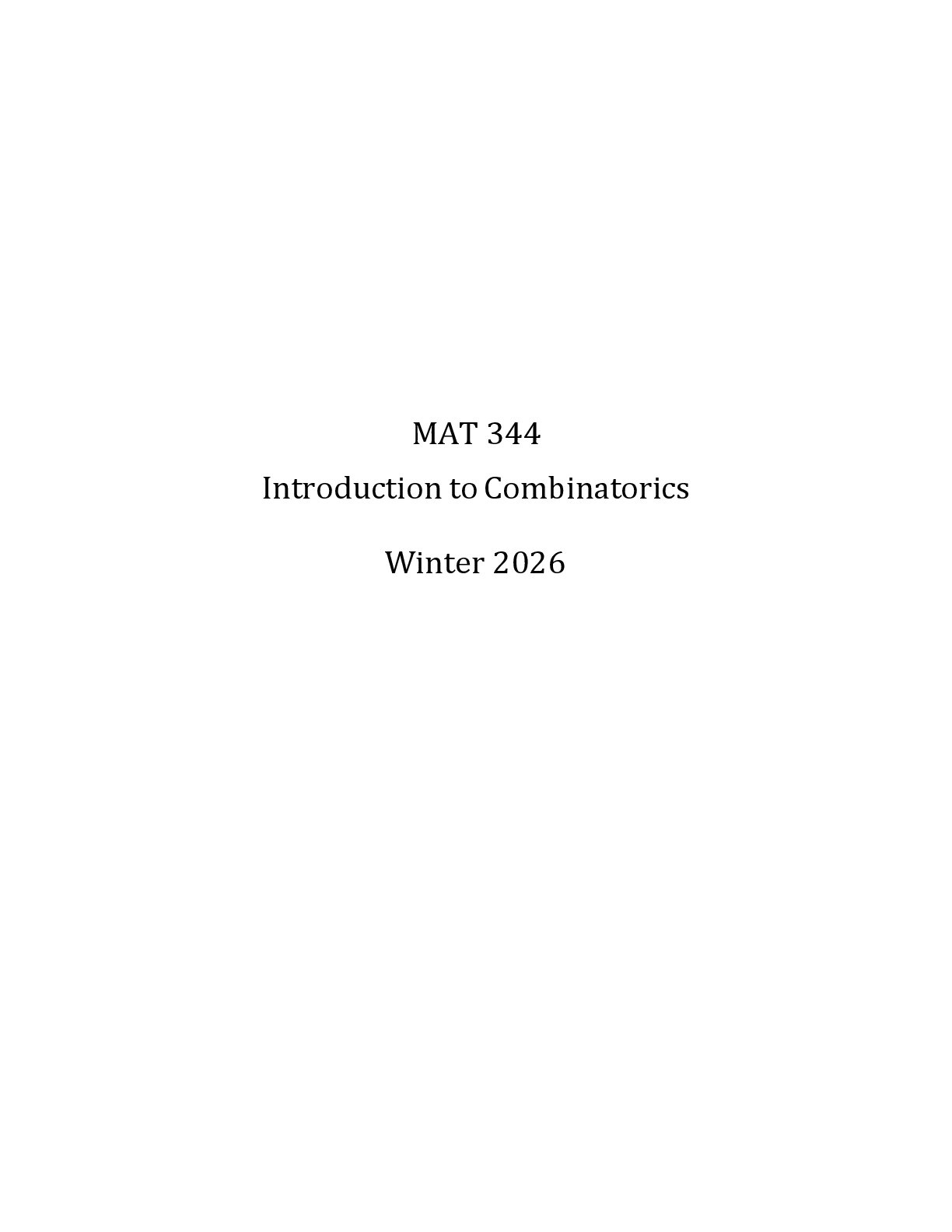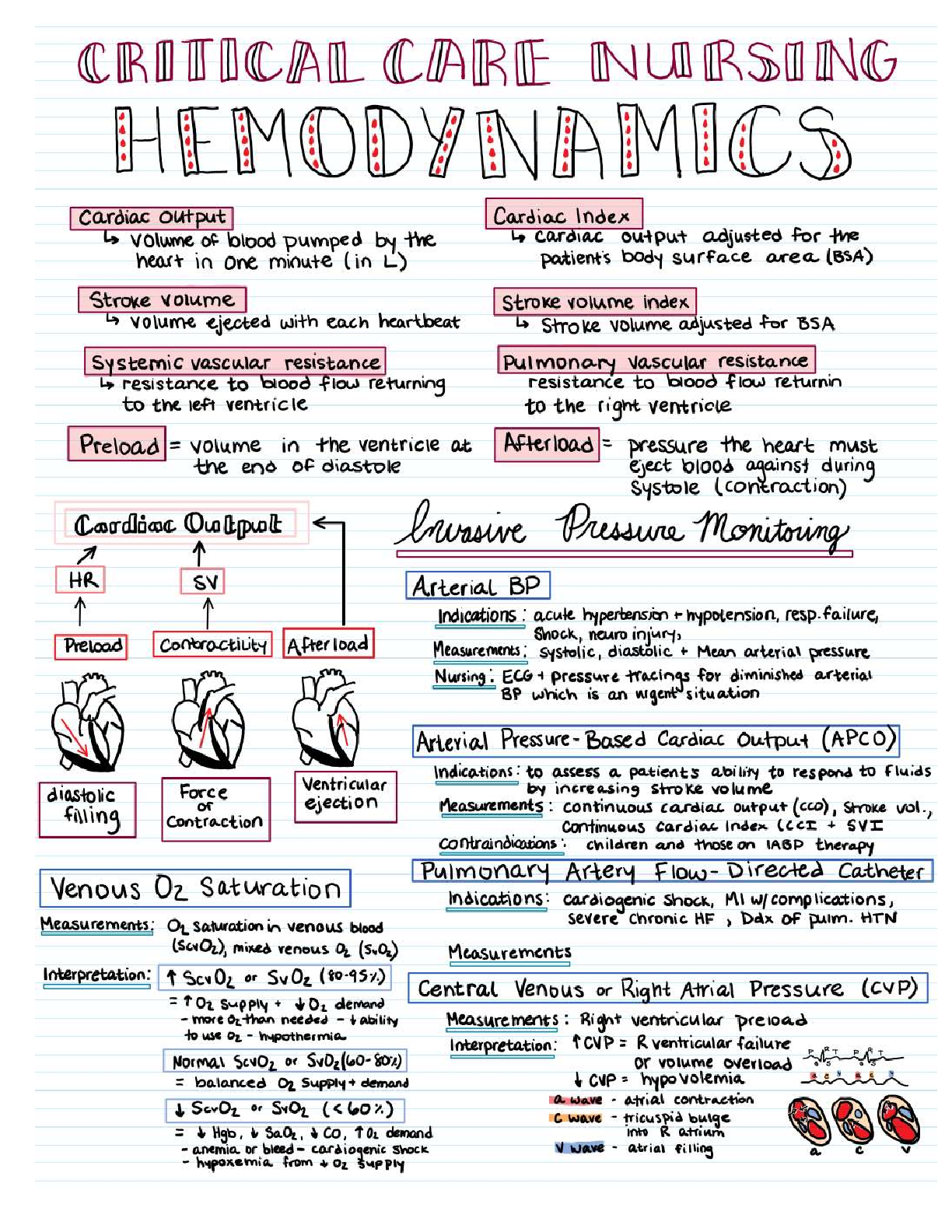Pollution 1-26
2. Climate Change 27-46
3. Forest Conservation 47-63
4. Desertification 64-69
5. Biodiversity Conservation 70-86
6. Environmental Impact Assessment 87-92
7. Disaster Management 93-151
Previous Years
...
Pollution 1-26
2. Climate Change 27-46
3. Forest Conservation 47-63
4. Desertification 64-69
5. Biodiversity Conservation 70-86
6. Environmental Impact Assessment 87-92
7. Disaster Management 93-151
Previous Years’ UPSC Questions (Solved) 152-174
Practice Questions 175
Pollution
Chapter
1
“Environmental problems are really social problems. They begin with people as the cause,
and end with people as victims. They are usually born of ignorance and apathy. It is
people who create a bad environment and a bad environment brings out the worst in
people. Man and nature need each other, and by hurting one we wound the other…”
– Edmund Hillary “ECOLOGY 2000”
Pollution can be defined as the introduction of contaminants into the natural environment
that causes adverse changes. As per Environment Protection Act (EPA), 1986 “Environmental
Pollution” is the presence of pollutant, defined as any solid, liquid or gaseous substance
present in such a concentration as may be or may tend to be injurious to the environment.
The agents, which cause environmental pollution, are called pollutants. Pollutants are
physical, chemical or biological substance intentionally or unintentionally released into
the environment which is directly or indirectly harmful to humans and other living
organisms.
Air Pollution
Air pollution occurs when harmful or excessive quantities of substances, including
gases, particulates, and biological molecules are introduced into Earth’s atmosphere. It
may cause diseases, allergies and also the death of humans; it may also cause harm to
other living organisms such as animals and food crops, and may damage the natural or
built environment. Human activity and natural processes can both generate air pollution.
Air pollution is defined as the presence of any solid, liquid or gaseous substance, including
noise and radioactive radiation in the atmosphere in such concentration that may be
directly and indirectly injurious to humans or other living organisms, plants, property or
interferes with the normal environmental processes. Air pollutants can be classified into
the following three types:
Natural Pollutants: The pollutants which come out from natural sources such as forest
fires started by lightening, dispersal of pollen, soil erosion, volcanic eruptions, volatile
organic compounds from leaves and trees, decomposition of organic matter and natural
radioactivity, etc. are natural pollutants.
Primary Pollutants: A primary pollutant is a harmful substance that directly enters
the air as a result of human activities. For example, when coal, oil, natural gas or wood
is burnt, carbon dioxide and carbon monoxide are formed, automobiles contributing a
large share of carbon monoxide. All these gases enter the atmosphere.
Another important pollutant is sulphur dioxide (SO2) which is added to the atmosphere
by burning of coal and oil containing sulphur as an impurity in electric power plants.
Other primary pollutants are oxides of nitrogen, hydrocarbons and suspended
particulate matter.
[Show More]
